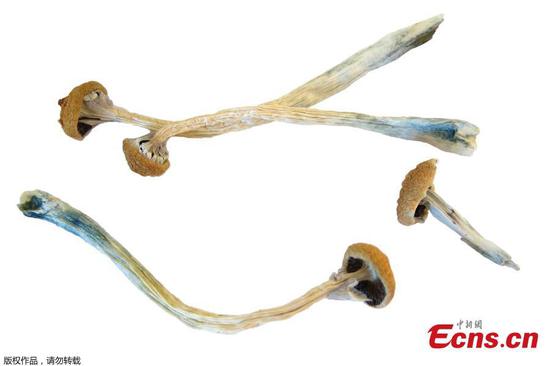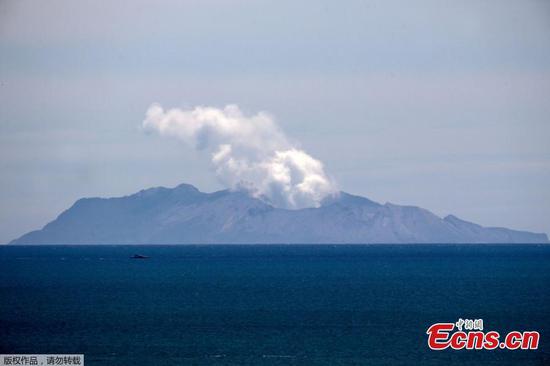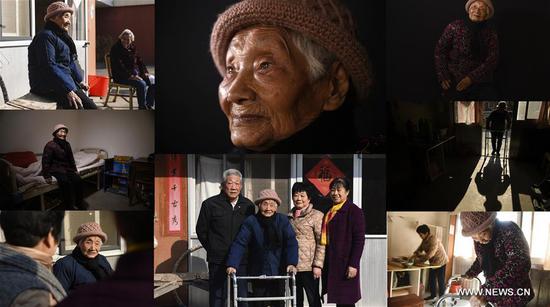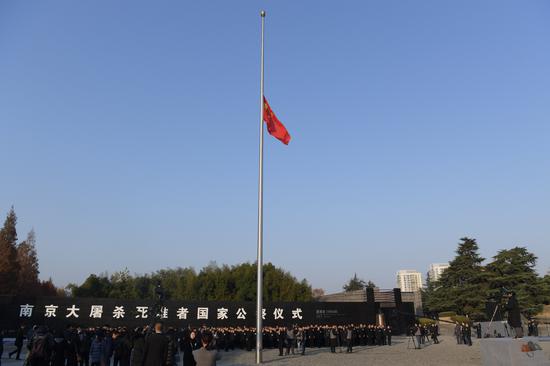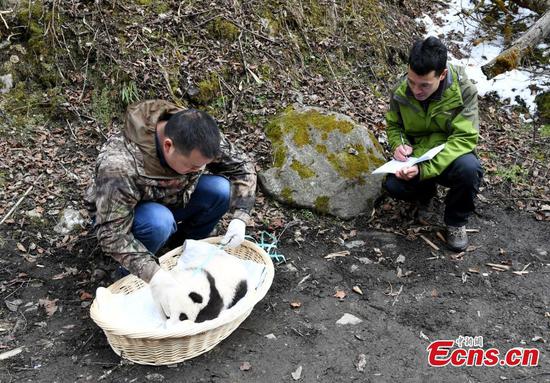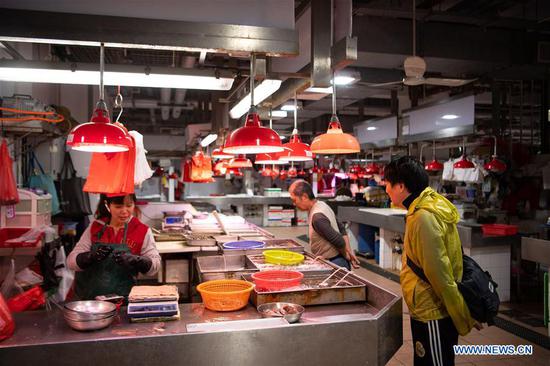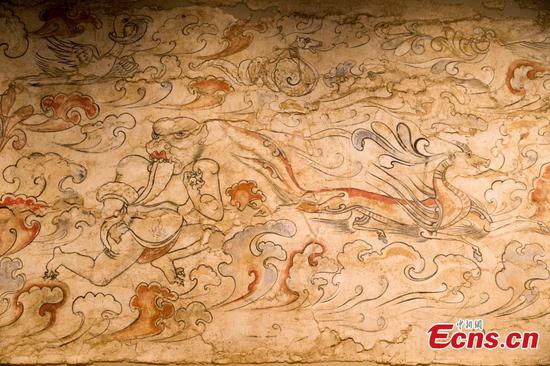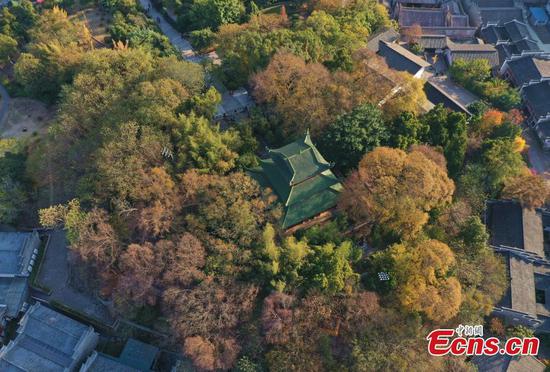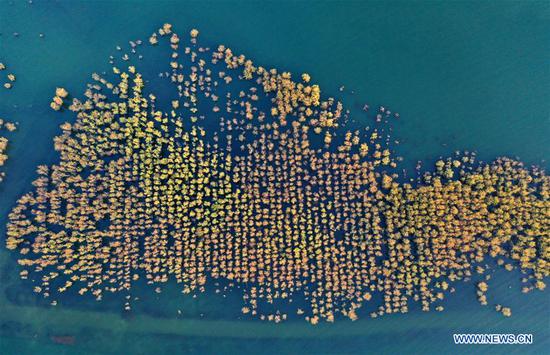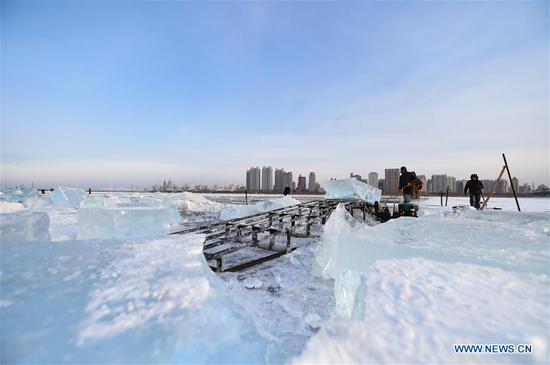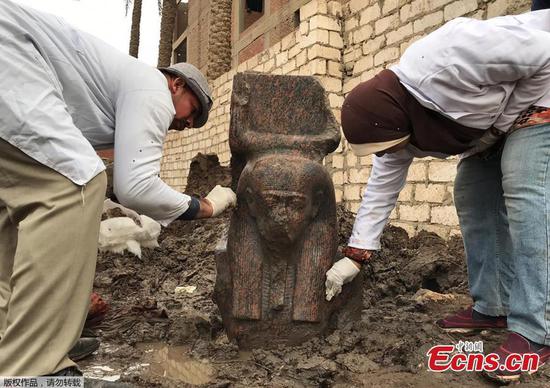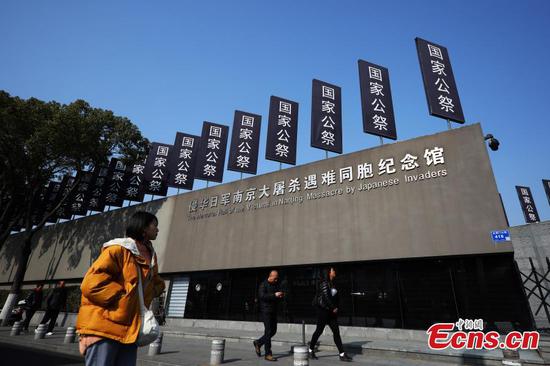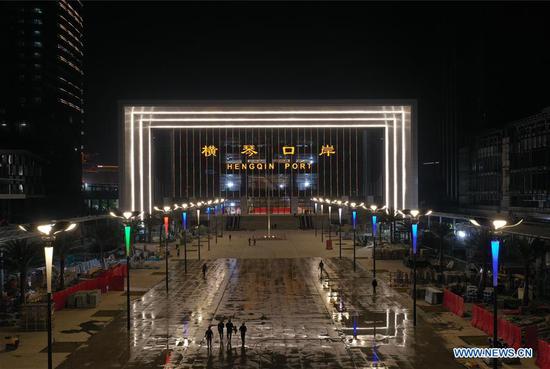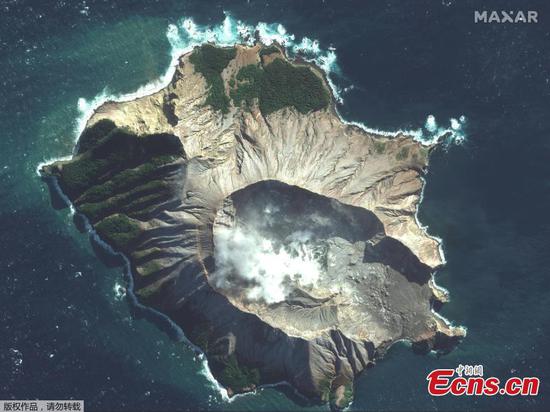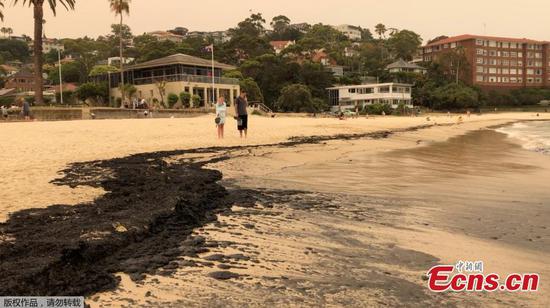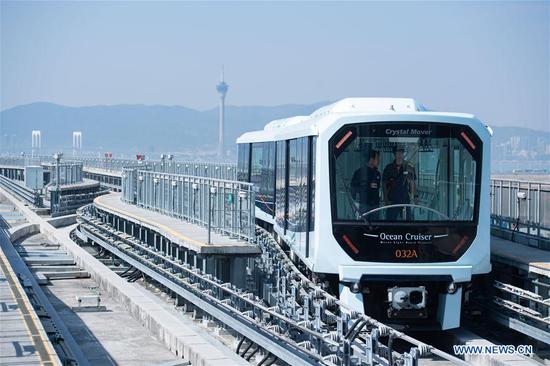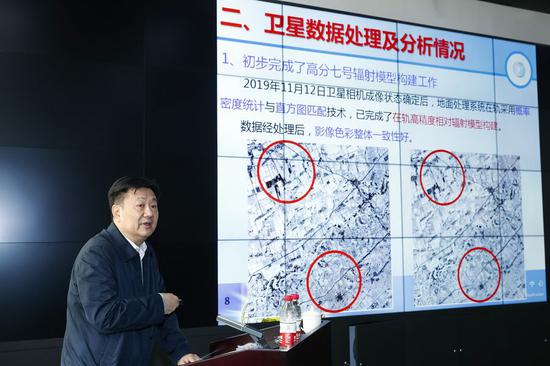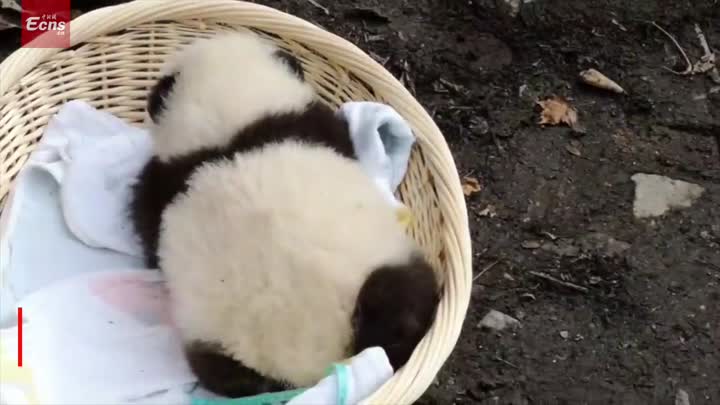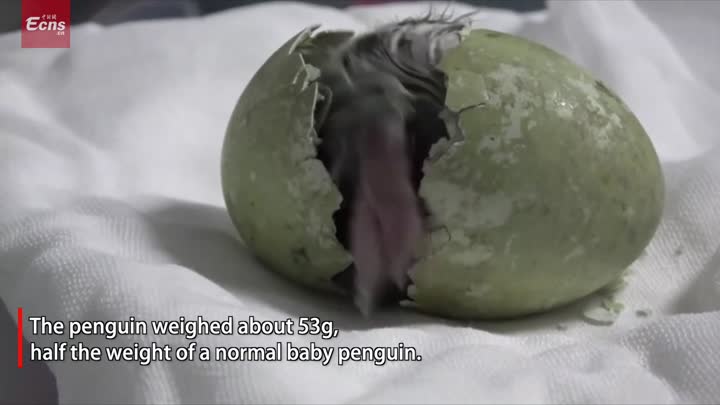Annual work conference also highlights reducing poverty, protecting environment
China's top priority for economic work in 2020 is to complete the building of a moderately prosperous society in all respects, as regulators lay out supportive policies, policymakers and analysts said over the weekend.
One of the key economic tasks is to double 2010's GDP by the end of 2020 — the closing year of the country's 13th Five-Year Plan (2016-20) — officials said after the annual Central Economic Work Conference, which was held last week.
That will require an economy operating within a reasonable range, including maintaining an appropriate growth speed, stabilizing prices, keeping unemployment low and maintaining equilibrium in the international balance of payments, the experts said.
"The quantitative targets will be made clear at the National People's Congress in March," Han Wenxiu, deputy head of the office of the Central Commission for Financial and Economic Affairs, said at a forum on Saturday.
The forum was hosted by the China Center for International Economic Exchanges.
Because the situation in different regions varies, local authorities should set their own targets based on those conditions, Han said. "It does not require every region to double its GDP by 2020. It is a goal for the whole country."
China should be fully prepared to overcome the difficulties that lead to economic downward pressure, he said, adding that the country is at a critical moment in transforming its development model, optimizing the economic structure and identifying the driving forces of growth.
The "three tough battles" — poverty reduction, effective prevention and control of financial risks and environmental protection — are also key tasks for 2020 that should be carried out, Han said.
To achieve next year's targets, China will make economic stability its top priority. Measures will be taken to encourage supply-side structural reform and strike a "dynamic balance" between supply and demand, said Ning Jizhe, vice-minister of the National Development and Reform Commission.
"China will continue to implement its proactive fiscal policy and prudent monetary policy, and strengthen its counter-cyclical adjustments. Both industrial production and consumption should be further upgraded and boosted," Ning said.
The three-day annual Central Economic Work Conference, which ended last week, concluded that the policy framework of stable macro policies and flexible micro measures must be upheld to ensure that key tasks are met next year.
Vice-Premier Liu He, who heads the State Council's leading group on the development of small and medium-sized enterprises, hosted the leading group's fourth meeting on Friday to begin putting the principles outlined at the work conference into place.
Goal: PBOC seeks macro prudential policy mix
Governmental departments, such as the Ministry of Industry and Information Technology and the China Banking and Insurance Regulatory Commission, were urged to strengthen their services for SMEs and ease their financial difficulties, according to a statement released on Sunday.
To implement the requirements of the work conference, regulators at all levels should firmly support the development of private companies and optimize a market-oriented business environment, the statement said.
The meeting also emphasized that the SME financing guarantee system should be improved, and the building of an SME credit information platform should be accelerated.
The meeting encouraged technology-driven SMEs to go public, as a way to reduce their financing costs. It also reinforced the principle of protecting SME property rights and intellectual property, saying those will be improved, according to the statement.
Guo Shuqing, Party secretary of the People's Bank of China, the central bank, and chairman of the CBIR, chaired a meeting on Friday urging further reductions in the social financing costs for private, small and micro companies to further improve the efficiency of monetary policy.
The central bank will increase medium-to long-term financing for the manufacturing industry and build a financial supportive policy system for private small and micro companies, along with improvements to the credit structure, he said.
To prevent and resolve financial risks, the financial system and market expectation need to be stabilized, Guo said, adding that the macro leverage rate (the debt-to-GDP ratio) should be maintained at a stable level.
"The PBOC will explore a macro prudential policy framework to supervise foreign exchange, property and bond markets to prevent systemic financial risks during further opening-up," said Chen Yulu, vice-governor of the central bank.










